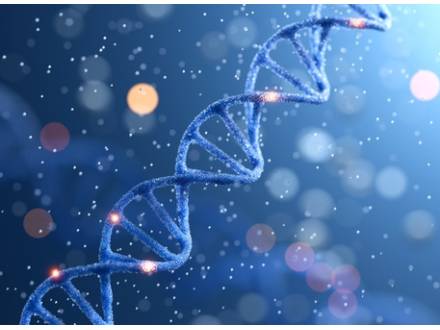Post-Conviction DNA Testing in Illinois
 DNA is now a common aspect of many criminal cases. During police investigations, DNA evidence often plays a crucial role. However, that was not always true, and many cases that could have benefitted from exonerating DNA evidence have instead resulted in wrongful convictions.
DNA is now a common aspect of many criminal cases. During police investigations, DNA evidence often plays a crucial role. However, that was not always true, and many cases that could have benefitted from exonerating DNA evidence have instead resulted in wrongful convictions.
In recent years, technological advancements have made it possible to run DNA tests in older, already-convicted cases, leading to dozens of exonerations. Illinois is a leader in addressing this issue by establishing processes and legal frameworks for post-conviction DNA testing that can provide people convicted of a crime with an opportunity to demonstrate their innocence, even years after they were convicted. To learn more about post-conviction DNA testing, speak with a qualified Naperville, IL criminal defense attorney.
How Does Post-Conviction DNA Testing Work?
Someone convicted of a crime can request post-conviction DNA testing. Various types of evidence, including blood, hair, or semen samples collected during the original investigation, can be tested against the petitioner's DNA. The post-conviction DNA testing appeal process includes the following steps:
-
Demonstrate eligibility: The petitioner, or the person requesting the test, needs to demonstrate that there is DNA evidence that was not previously tested or noted that could potentially prove his or her innocence. The evidence needs to still be available and testable, and it needs to be something that was not used at trial.
-
File a petition: The petitioner files a motion in the court where he or she was originally convicted. The motion requests DNA testing on specific evidence relevant to the case. The court will examine whether the DNA testing is relevant and whether the evidence is available.
-
Test the evidence: If the petition is granted, the evidence is sent to a DNA analysis lab. If the results demonstrate that the petitioner did not commit the crime he or she was convicted for - if the DNA from the original evidence does not match the petitioner’s DNA - the case could be reopened.
What Happens in a Reopened Case?
If DNA testing has resulted in a case being reopened, there are several possible outcomes:
-
If the new DNA findings are not enough to exonerate the petitioner but do cast doubt on the original conviction, the defense can ask for a sentence reduction or a new trial based on this new evidence.
-
If the DNA is enough to exonerate the petitioner, the conviction can be overturned and he or she could be released.
-
If the petitioner is granted a full exoneration, he or she might even have a valid claim for compensation for the wrongful conviction.
Schedule a Free Consultation with an Illinois Criminal Defense Lawyer
If you or a loved one has been wrongfully convicted, speak with an experienced Naperville, IL criminal defense attorney about whether your case is eligible for post-conviction DNA testing. There are many examples of cases that were mistakenly convicted due to missing or mishandled DNA evidence, with petitioners later being exonerated following new testing.
This is no simple matter, and you need a skilled lawyer on your case to help you navigate all the steps to take. At the Law Office of Philip R. Nathe, we are dedicated to seeking justice for our clients and getting the best outcomes. Call us at 630-416-7600 to schedule a free consultation.














